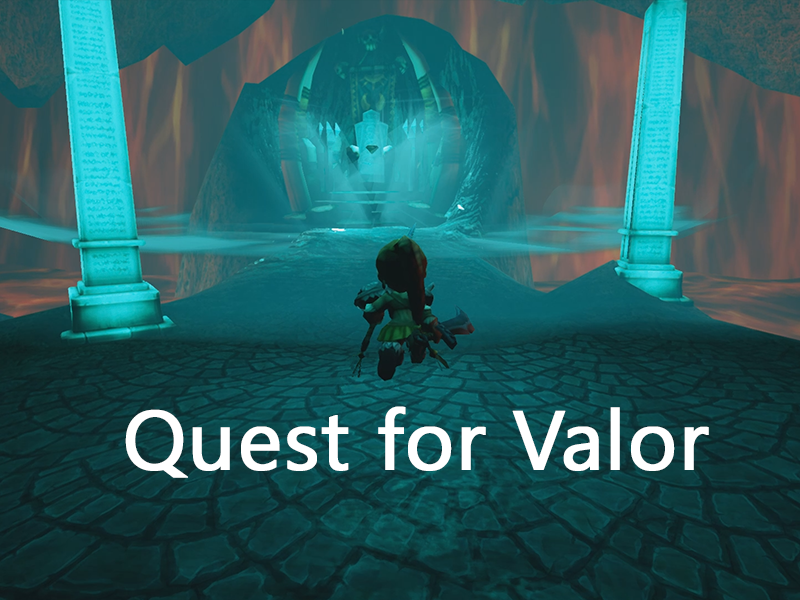 Quest for Valor
Quest for Valor
One Life
DESCRIPTION
One life is a Battlefield 3 and 4 cinematic that I made collaborating with another two VFS students, 6 voice actors and about 30 Battlefield veterans from the Unknown Soldiers -US-.
Working with this team had been an amazing experience and I am happy that everyone of us is proud of the work that we did together. One life has been a very useful learning experience, where I had the opportunity to manage the team, write the narrative, call the shots, record hours and hours of material and lastly doing the video editing of the first part of the cinematic.
It was my first time directing actors in a recording studio and I will always remember it like a very deep experience: seeing our ideas becoming something more than a script is an unforgettable experience.
DETAILS
Catg Narrative
PROD. 2 weeks
SOFT. Premiere Pro
REL. Feburary, 2016
TYPE Project @ VFS
TERM 1
